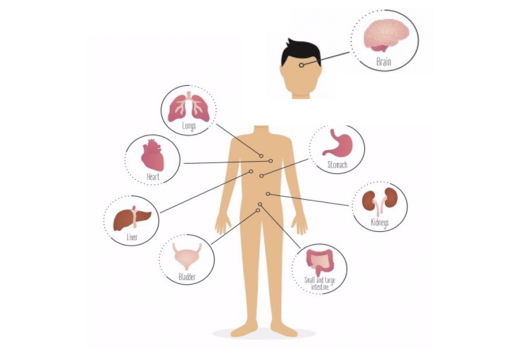Reductionism
REDUCTIONISM is a scientific method of analysis that divides the Whole into Parts.
The primary scientific method of biomedicine for the past 150 years is REDUCTIONISM.
REDUCTIONISM tends to see each Brain part - or Body part - as functioning independently (which is obviously impossible).
Advantages of REDUCTIONISM:
by viewing Parts as disconnected, it allows greater focus on an individual Part. Current biomedicine tends to
“assign” Diagnoses to one body organ – rather than seeing systemic disease.
Disadvantages:
(1) by limiting analysis to individual parts, REDUCTIONISM prevents seeing the connections and flow
of SIGNALING throughout the Brain-Body
(2) ignores REGULATION, and therefore prevents biomedicine from understanding what causes disease and what can prevent
or cure disease.
The analytic method of REDUCTIONISM leaves biomedicine considering 80% of Disease as “idiopathic” (no known cause) with a scattered approach to prevention and treatment.
test


